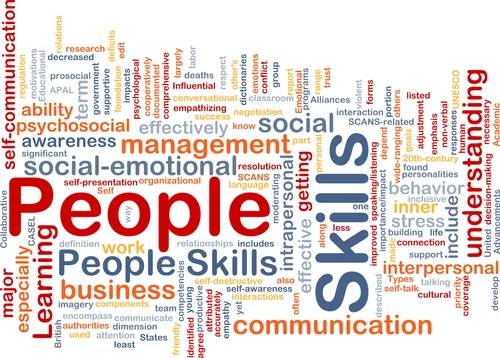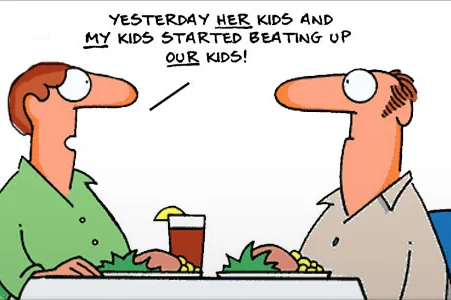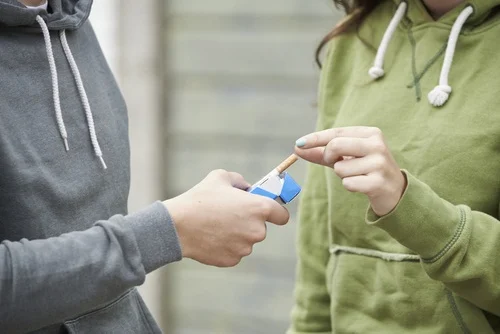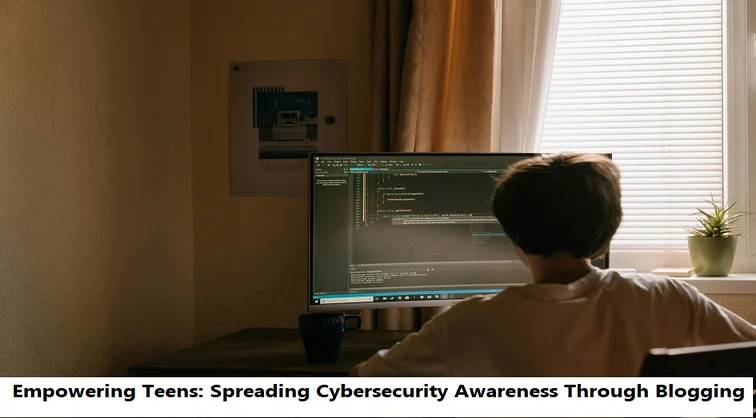+1 845 259 2974 (11 a.m to 7 p.m CST)
How Parents Can Help Teens Hone their Communication Skills

Being able to express themselves effectively and listen attentively is a vital to teens’ development. While your children may not have any problem talking to you or other family members, speaking to others may be leaving them tongue-tied. They may be struggling for words, failing to read non-verbal cues, or using language comprising of slangs, common yet somewhat inappropriate. The importance of strong communication skills for kids can be realized by its impact on their relationships, academics, and even future employability. As parents, you need to help them hone their skills so that they don’t have a hard time understanding others or being understood.
The two-way process
When faced with the question of how to improve communication skills of your teens, begin by getting them to recognize communication as a two-wave process. Help them understand that listening is just as important as talking. Help them develop the former by encouraging to pay attention and don’t let their mind wander when someone is talking. Teach them tolerance as well so that they listen without prejudice or turning aggressive.
Picking up the verbal cues
Body language plays a substantial role during communication, pretty much as substantial as the words that are being said. This only increases the necessity for you to work on developing your teen’s social communication skills, including paralanguage, kinesics and proxemics. Explain the vital role of body language during communication to them. Aside from helping them learn the correct body language for different situations, also hone their ability to read and understand this language. This may save them from misperceptions, misunderstandings and conflicts.
Expanding vocabulary and knowledge
Your teen can learn a great deal from reading books and watching documentaries. Not only do these things increase their vocabulary and improve their expression, but it also enhances and expands their knowledge. Getting teens to develop interest in reading and watching informative content may not be a walk in the park, but considering the benefits, it may be justified to get a bit pushy.
Discouraging street and peer language
The usage of slangs is just as common among teens today as it was at the time when you were passing through your adolescent years. However, the prevalence of social media is making such language second-nature for kids, creating a habit that may prove extremely hard to break. Use of slangs may make it convenient for teens to communicate with their peers, but it can result in a major communication gap them and adults. If they aren’t discouraged from it, it may eventually keep them from making a good impression on their future employers. Making teens realize this may help in reducing frequent usage of slangs among them.
Enhancing articulation
Try to hone your teens’ articulation by engaging them in conversations and encouraging them to talk. You can do this by asking them open-ended questions, which require more than just a yes or no for an answer.
Helping your teens develop strong communication skills is likely to have long-term advantages for them. They may not just benefit from it during their school years, but may also find it helping them through their college and eventually professional life.





















